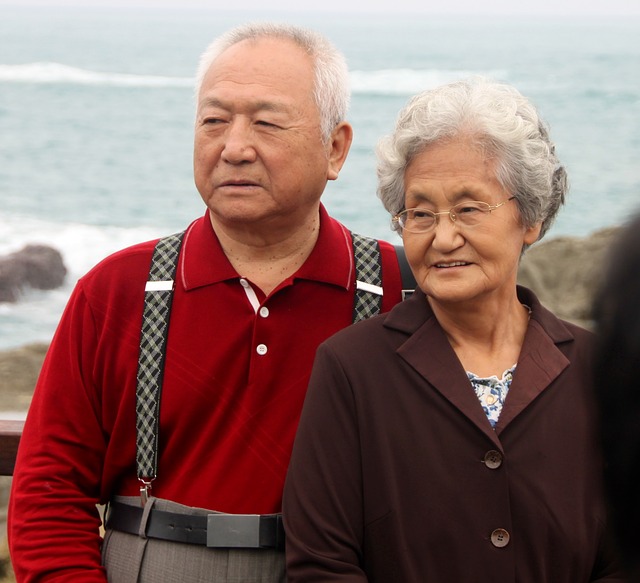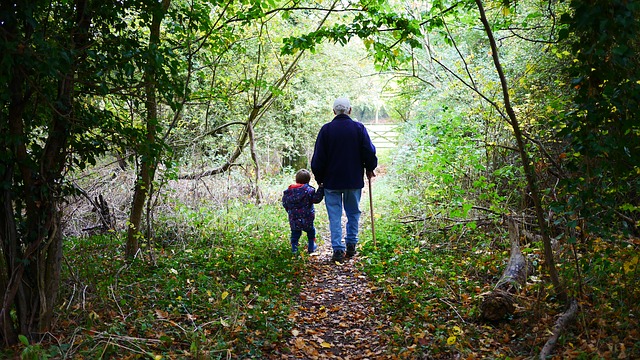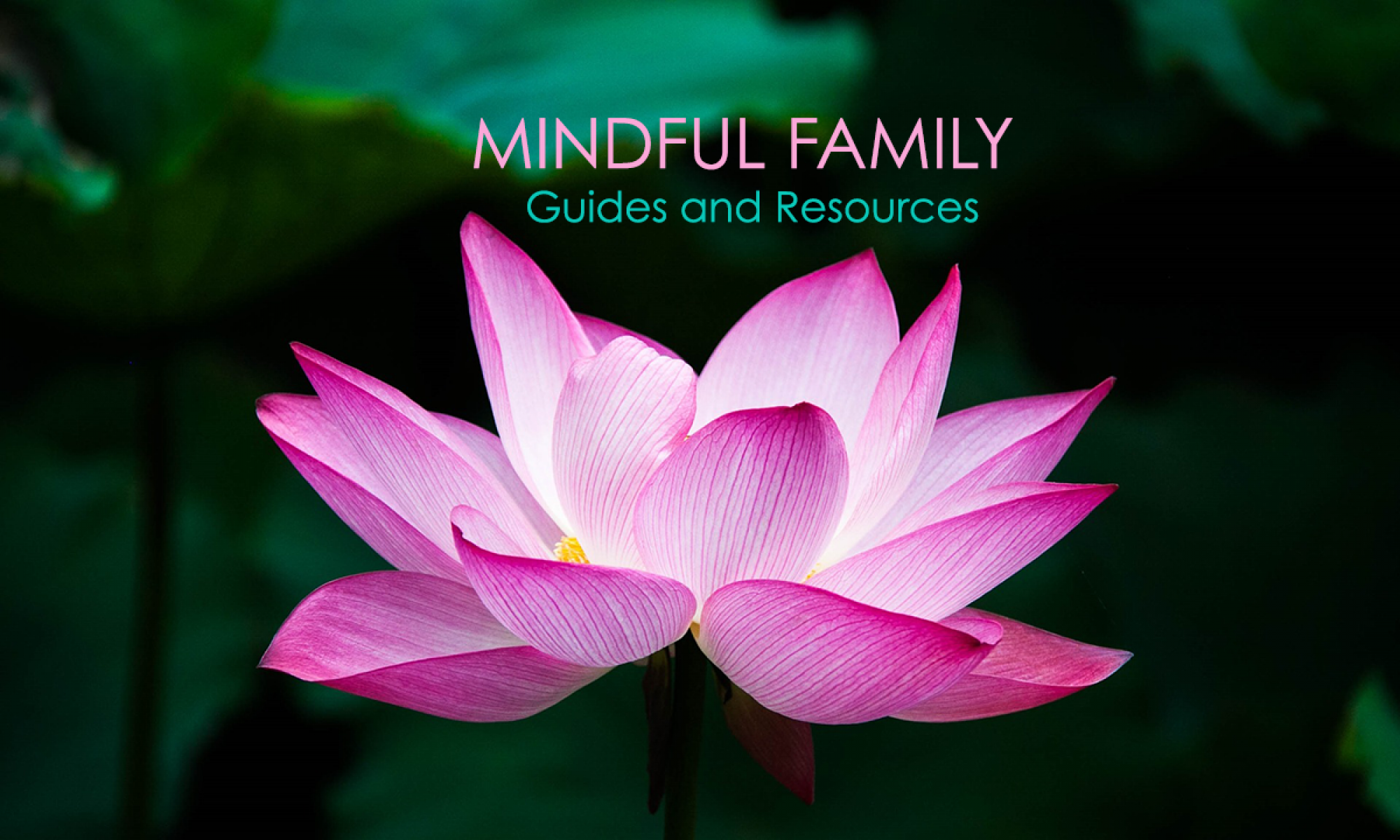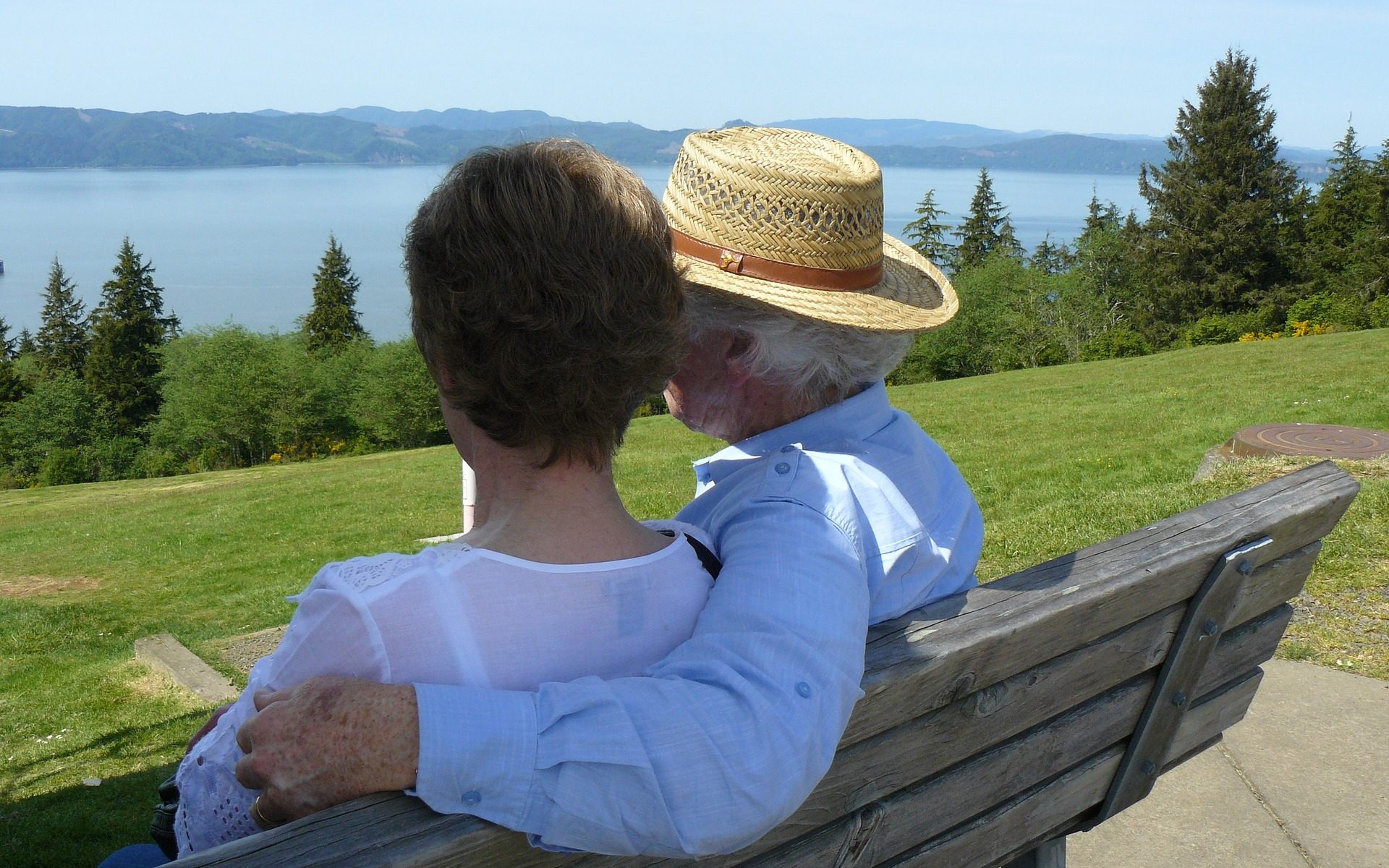By Cassidy Wald
What is Mindfulness?

There is no single correct definition of what mindfulness is. Being mindful is a psychological process of bringing your attention to what you are thinking and feeling in the present moment in an open, non-judgemental way. “Mindfulness is both a process and an outcome” (Programs for Mindful Living, 2015, page 4, para. 4). Learning to be mindful happens by engaging in exercises and practices that focus on being mindful. Therefore, to learn it, you must do it. This is generally achieved by engaging in a regular meditation process, or through yoga, deep breathing exercises, or other mindful techniques.

Various cultures and groups from across the world have used multiple forms of mindfulness for thousands of years. Mindfulness is a mental state that focuses on bringing yourself into the present moment and having an awareness and acceptance of your thoughts, feelings, and physical sensations. This process is highly therapeutic for many people.
Mindful practice may feel unusual or strange if you have never done it before. However, the more you practice mindfulness through various techniques or exercises, the easier and more intuitive it will become.
How Can it Benefit Older Adults?

In recent years, there has been a growing body of research focusing on mindfulness practices and their benefits on physical and mental health. There is a great deal of research that indicates that mindfulness can be beneficial for almost any group of people, including children, teens, adults, seniors, and even sub-groups such as medical students and prison populations (Grossman, Niemann, Schmidt & Walach, 2004). Many of the benefits of mindfulness can positively impact individuals experiencing a variety of conditions that are common in older adults, such as pain, stress, memory loss, and sleep difficulties. Just a few studies looking at the effects of mindfulness on these types of conditions are described below:

Morone, Greco & Weiner (2008) studied a group of participants aged 65+ who experienced chronic lower back pain. They compared two groups: one who participated in approximately 30 minutes of meditation per day, 4 days a week, for 8 weeks; and a group who did not. Reported pain scores were significantly lower in the group who participated in mindfulness meditation compared with those who did not.
A similar study by Black, O’Reilly, Olmstead, Breen & Irwin (2015) focused on the effect of mindfulness meditation on a group of older adults who reported moderate sleep disturbances. The group who participated in 2 hours of mindful mediation per week for 6 weeks showed significant improvement in insomnia symptoms, depression symptoms, and fatigue compared with the group who did not mediate.

Grossman et al. (2004) conduced a meta-analysis on the benefits of mindfulness techniques. A meta-analysis looks at many different research studies on a particular topic and looks for overall trends in the research findings. They found evidence that meditation and mindfulness practices resulted in benefits for people experiencing a wide range of conditions such as chronic pain, cancer, anxiety, stress depression, and heart disease.
Mindfulness is also beneficial as it is free, easily accessible to almost anyone, and has no side effects.
Mindful Exercises
Here are two short mindfulness exercises you can try:
1) Mini-Mindfulness Body Scan Break

Find a comfortable position such as sitting back in a chair or lying down. Turn off any distractions such as bright lights, televisions, or electronics. Take a deep breath, hold it for a moment, and exhale fully. Continue with a deep, slow breathing pattern throughout this exercise. Close your eyes if you wish.
Take this moment to put your “auto pilot” on pause. Focus only on what you are physically feeing in your body at this moment. If thoughts come up, acknowledge them without judgement, and let them pass.
Beginning at the top of your head, focus your energy on one part of your body at a time. Notice any sensations you feel in this part of your body; any tension, pain, tightness, or other feelings. Release any pain or tension. Next, move to your forehead, eyes, and face. Notice any sensations, and allow any pain or tension to melt away. Slowly continue to move down to the rest of the parts of your body one at a time, until you have scanned your whole body.
What did you notice? How did you feel before, during, and after this exercise? You may wish to write about your experience in a journal.
2) Mindful Eating Exercise
Sit down at a table where you won’t be disturbed. Turn off any distracting noises or lights. Choose any food (but one with an interesting taste, texture, or smell is best). A raisin or a cracker are some ideas you can try. Take a long, deep, cleansing breath.

Look at the food in front of you as though you are seeing it for the first time. Notice the colour, how it feels when you touch it, it’s size, and how it smells. Imagine the journey this piece of food has been on to get to your table today. It may have begun as a seed, where it was watered, absorbed sunshine, grew, was cultivated, picked, processed, and transported.
Take a bite of the food. Notice the flavour and texture inside your mouth. Slowly chew it, noticing how the texture changes and moves down your throat and into your stomach. Connect again to your body and notice any sensations you feel. You may wish to write about your experience in your journal.

These are just two examples of mindful exercises that you can try. There is a wide variety of other information and resources available on this topic, including information specifically for beginners. There are many books and websites about the topic, as well as many free guided meditations available on video-sharing platforms like YouTube.
Guided Mindfulness Meditation Video
Video created by
Cassidy Wald
3 mins, November 2018
In Adobe Spark Video
Mindful Older Adult Resources
Mindfulness for Seniors

This website is primarily aimed at seniors. It supplies information about what mindfulness is, and the physical and mental benefits is can have. It includes a link to an online course called MBSR (Mindfulness-Based Stress Reduction). It is organized into eight modules: 1 – There is More Right with Us; 2 – Perception and Creative Responding, 3 – The Power and Pleasure of Being Present; 4 – The Shadow Of Stress; 5 – Finding Space to Make Choices; 6 – Working with Difficulties; 7 – Cultivating Self-Kindness; and 8 – The Rest of Your Life. The modules include written information, audio clips, videos, yoga, and guided meditations. Some of the content is free, and some is accessed via an online subscription fee. The site also has a free email subscription list that users can join in order to regularly receive additional information and resources.
URL: http://www.mindfulnessforseniors.com/
Positive Psychology Program

This website, aimed at adults, contains 22 different mindfulness-based exercises, techniques, and activities. These include activities that can be done as a group (aimed at reducing feelings of social anxiety), mindfulness for beginners, a guided body-scan exercise, a “mindful seeing” exercise (visual mindfulness), a “mindful listening” exercise, worksheets focusing on topics such as self-compassion and self-inquiry, breathing exercises, and an introduction to Dialectical Behavior Therapy (DBT). It also includes mindful approaches to dealing with strong emotions and behaviors such as anger, addiction, anxiety, and depression. All of these resources are free.
URL: https://positivepsychologyprogram.com/mindfulness-exercises-techniques-activities/
US News: Benefits of Meditation for Older Adults

This link is to an informational article that serves as a good resource for someone who may be new to the concept of mindfulness and related exercises such as meditation. It focuses specifically on the practice of meditation, and discusses what it is, how research indicates it can specifically benefit older adults
(in areas such as memory, cognition, digestion and circulation, stress, and loneliness), and offers suggestions and links for how someone new to the practice can get started. There is also a link to a guide on how to safely practice yoga if you suffer from arthritis or other chronic conditions.
Health Link BC: Mindfulness-Based Stress Reduction

Health Link BC is an extremely reputable and trusted health information resource created by the Government of British Columbia. Users can access information on a huge array of medical conditions and topics for free, 24/7. They can also call 8-1-1 anytime of the day or night to be connected to a Registered Nurse. The site offers a health information page on Mindfulness-Based Stress Reduction, as well as Mind-Body Wellness. This is a great site for older adults to be aware of and connect to, both for mindfulness information, and to serve as a highly reputable and accessible resource for general health and wellness.
URL: https://www.healthlinkbc.ca/health-topics/abl0293
Programs for Mindful Living – Mindfulness and the Elderly

This is a very comprehensive resource that provides an overview of mindfulness focusing on older adults. It is aimed at both older adults, and their caregivers (if applicable). It provides information on what mindfulness is and ways it can benefit older adults (as well as older adults from specific sub-groups such as those in a palliative care setting and those with memory problems or dementia). It provides research-based information, as well as proper referencing for the sources of their information. They also discuss a variety of courses, books, websites, and research and practice centres where more information can be found.
URL: https://www.programsformindfulliving.org/uploads/7/1/8/0/71807795/mindfulness_and_the_elderly.pdf
References
Black, D., O’Reilly, G., Olmstead, R., Breen, E., & Irwin, M. (2015). Mindfulness Meditation and Improvement in Sleep Quality and Daytime Impairment Among Older Adults with Sleep Disturbances: A Randomized Clinical Trial, JAMA Internal Medicine, 175 (4), pp. 494 – 501.
Grossman, P., Niemann, L., Schmidt, S., & Walach, H. (2004). Mindfulness-based stress reduction and health benefits: A meta-analysis, Journal of Psychosomatic Research, Vol. 57, Issue 1, pp. 35 – 43.
Morone, N., Greco, C., & Weiner, D. (2008). Mindfulness Meditation for the Treatment of Chronic Lower Back Pain in Older Adults: A Randomized Controlled Pilot Study, Pain, Vol. 134, Issue 3, pp. 310 – 319.
Programs for Mindful Living (2015). Mindfulness and the Elderly: An Overview for the Elderly and their Caregivers, retrieved from https://www.programsformindfulliving.org/uploads/7/1/8/0/71807795/mindfulness_and_the_elderly.pdf

